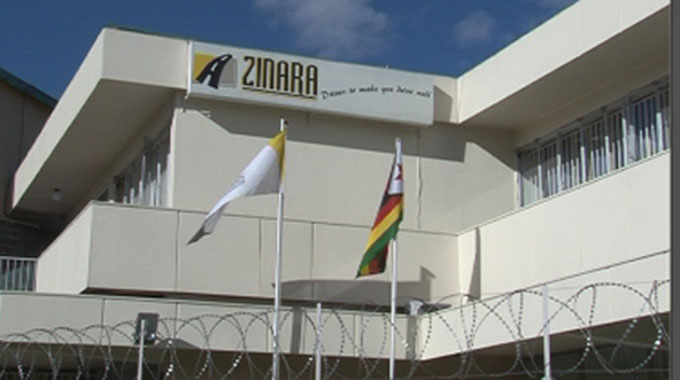IPEC to work with RBZ on on anti-money laundering

Michael Tome
Business Reporter
THE Insurance and Pensions Commission (IPEC) is now required to coordinate with the Financial Intelligence Unit (FIU) to identify and assess money laundering and terrorist financing risks that may arise in relation to the introduction of new products and new business practices in the industry.
This development is pursuant to the dictates of the Money laundering and Proceeds of Crime Act, which requires IPEC to identify and assess the money laundering and terrorist financing risks associated with all types of entities created or functioning in the industry.
Money laundering is the illegal process of concealing the origins of money obtained illegally by passing it through a complex sequence of banking transfers or commercial transactions.
In 2020 Zimbabwe’s overall money laundering vulnerability was ranked medium, with a score of 0, 52 on a scale of 0-1, according to findings of the National Risk Assessment (NRA) report.
In a circular to Life Offices Association (LOA), Insurance Council of Zimbabwe (ICZ), Zimbabwe Association of Reinsurance Organizations (ZARO), Zimbabwe Association of Pension Funds (ZAPF), Zimbabwe Association of Funeral Assurers (ZAFA) and Insurance Brokers Association of Zimbabwe (IBAZ), IPEC Commissioner Dr Grace Muradzikwa implored companies affiliated to the commission to work with the central bank arm to curb the threat of money laundering.
Themed Anti-money “Laundering and Combating the Financing of Terrorism (AML/CFT) Quarterly Return Template”, the circular also sent the similar instructions to insurance companies, brokers, reinsurers, pension, and pension fund administrators.
“The Insurance and Pensions Commission is required in terms of the Money Laundering and Proceeds of Crime Act (Chapter 9:24) to coordinate with Financial Intelligence Unit in the assessment of the money laundering and terrorist financing risks to which the country is exposed.
“Going forward, all insurance companies and pension funds are required to submit the completed return template to the commission within 21 days after the end of every quarter,” said Dr Grace Muradzikwa.
She indicated that the commission had come up with a quarterly return template that enables the collection of data useful for conducting a sectorial risk assessment and off site surveillance.
The last national risk assessment by sector revealed that for banking, real estate, car dealers, mining sector and mobile money dealers, the level of money laundering was high while pension funds and securities recorded a medium and low level of money laundering threat respectively.








Comments